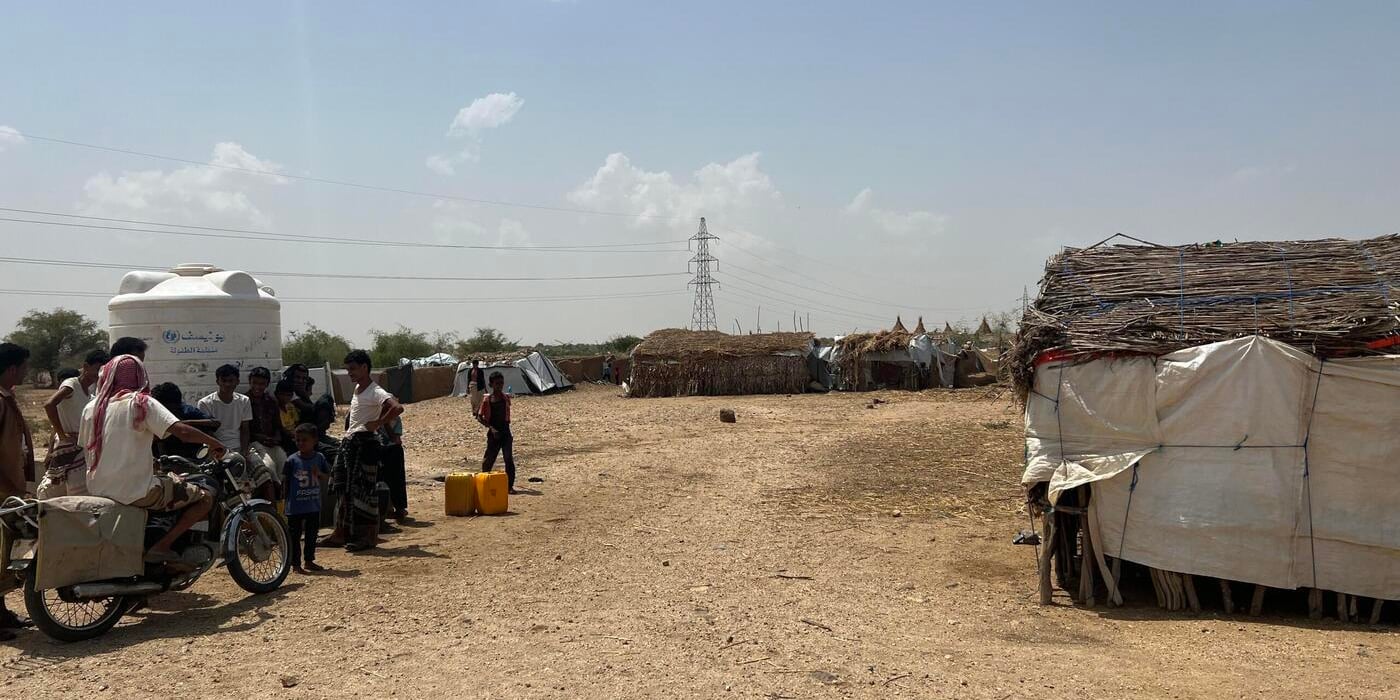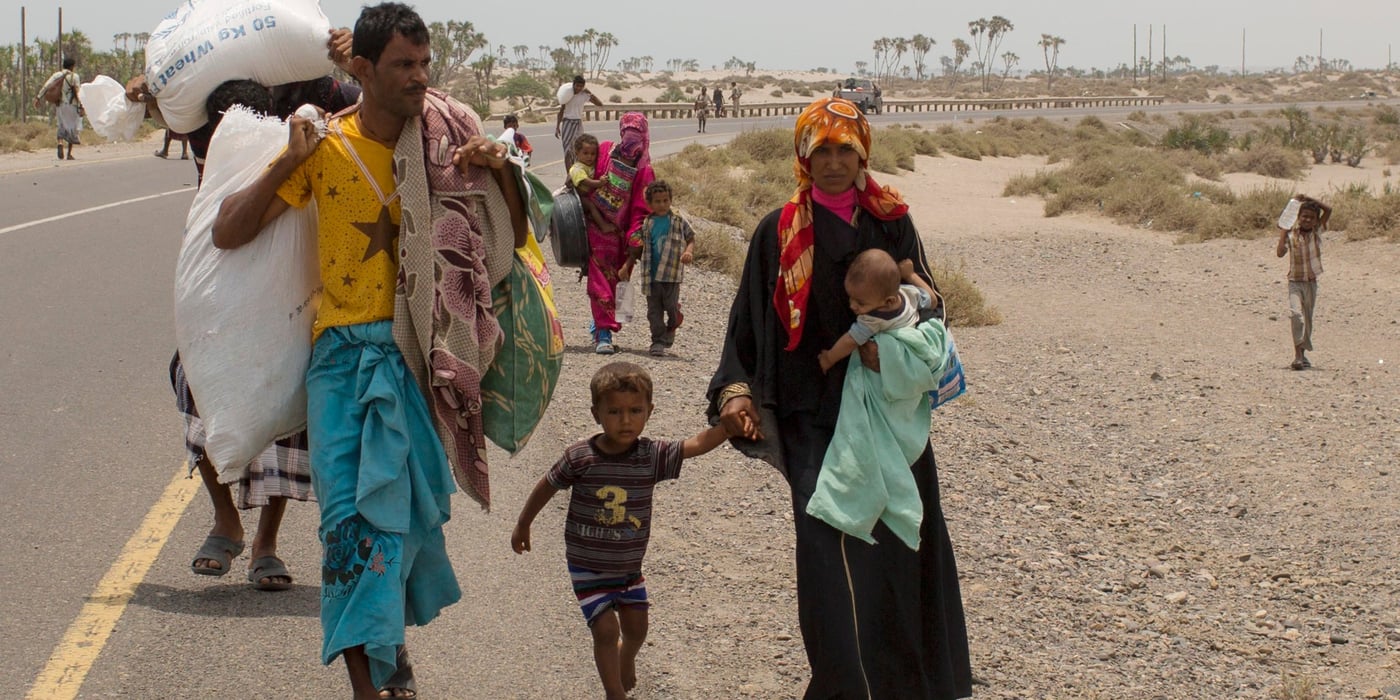
The Norwegian Refugee Council (NRC) and other humanitarian organisations have repeatedly warned against an armed offensive on Hodeidah in Yemen, which may put hundreds of thousands of civilians already struggling to survive, at grave risk.
Read more about the situation for civilians and NRC’s emergency response here.
On 13 June, the Saudi-led Coalition started an offensive towards the city. Here are the main reasons such an offensive may turn into a humanitarian catastrophe:
1. Hodeidah port is Yemen’s life-line
Hodeidah is the site of Yemen’s most important port. It is the largest entry point for commercial supplies, serving 22 million people in the country with food, fuel and medicine. Yemen depends overwhelmingly on imports, and Hodeidah port handles about 70 per cent of all imports into the country. Over 80 per cent of food is imported, and significant damage to the port infrastructure early in the conflict has already pushed the country to the brink of famine.
An attack that further incapacitates the port will cut Yemen’s life-line and push even more people into desperate need. Fighting that threatens the security and operations of the port, or the roads leading into the rest of Yemen, will prevent necessary supplies reaching people in need all over the country. Over 22 million people in Yemen need humanitarian aid, while 7 million people depend of food aid to survive. While vessels continue to berth and discharge at Hodeidah, the overall number of vessels arriving at the port remains low when compared to the previous two months.
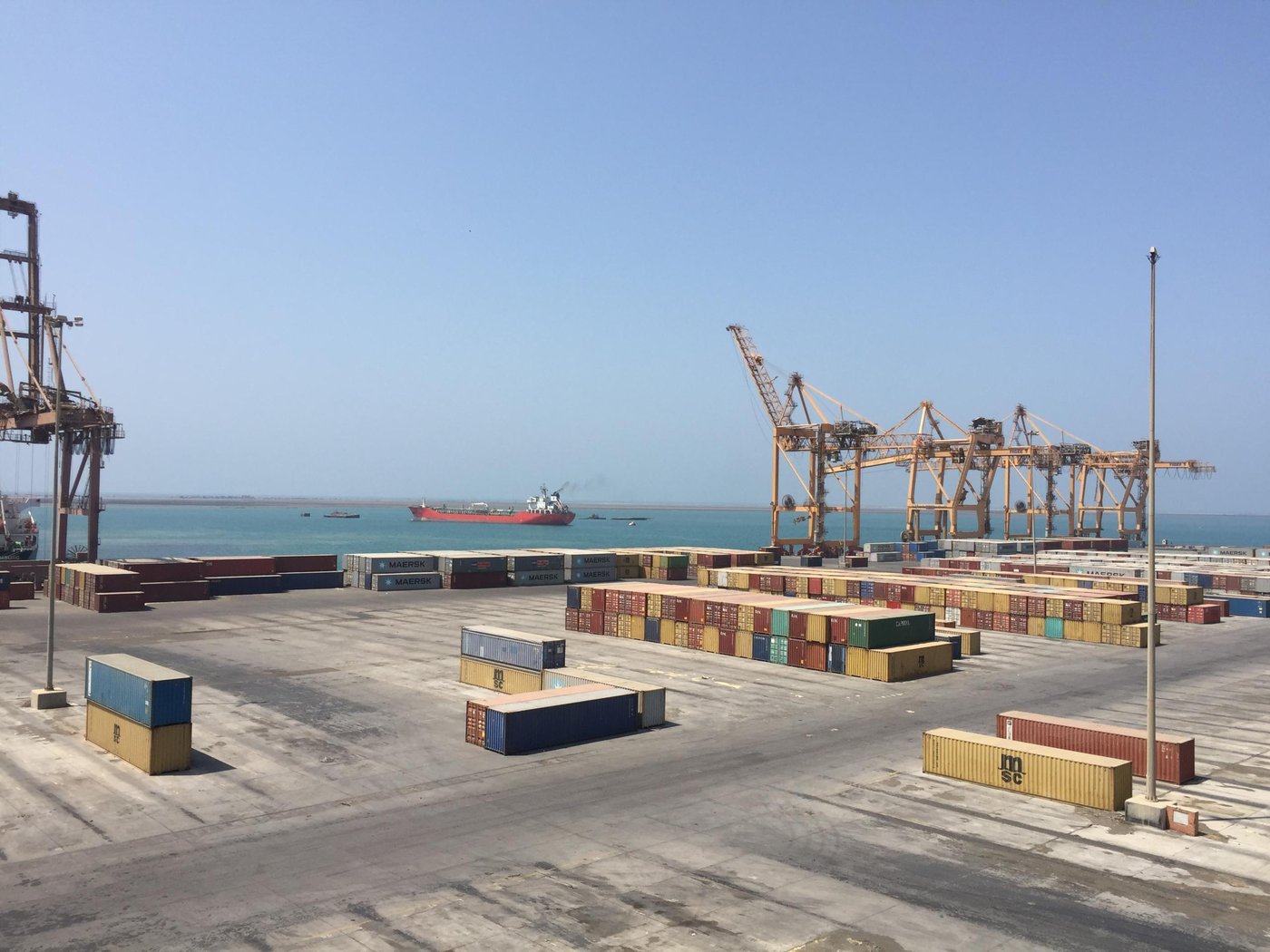
2. Spread of deadly Cholera
Hodeidah was the epicentre of last year’s cholera outbreak in Yemen, one of the largest in modern history with over one million suspected cases. With Yemen’s already fragile health system struggling to meet basic health needs, the outbreak cost nearly 2,200 lives. Disruptions in the water supply and poor sanitary conditions may lead to an unstoppable outbreak. “Cholera could spread with lightning speed,” warned Lise Grande, Humanitarian Coordinator for Yemen in mid-June.
Two weeks into the offensive that started in June, the water supply has been disrupted in several areas of Hodeida due to the fighting. Many people have already been forced to leave their homes due to the lack of water. Some 162,000 suspected cases of cholera have been identified in Hodeidah since April 2017, equating to 15 per cent of Yemen’s total cholera caseload.
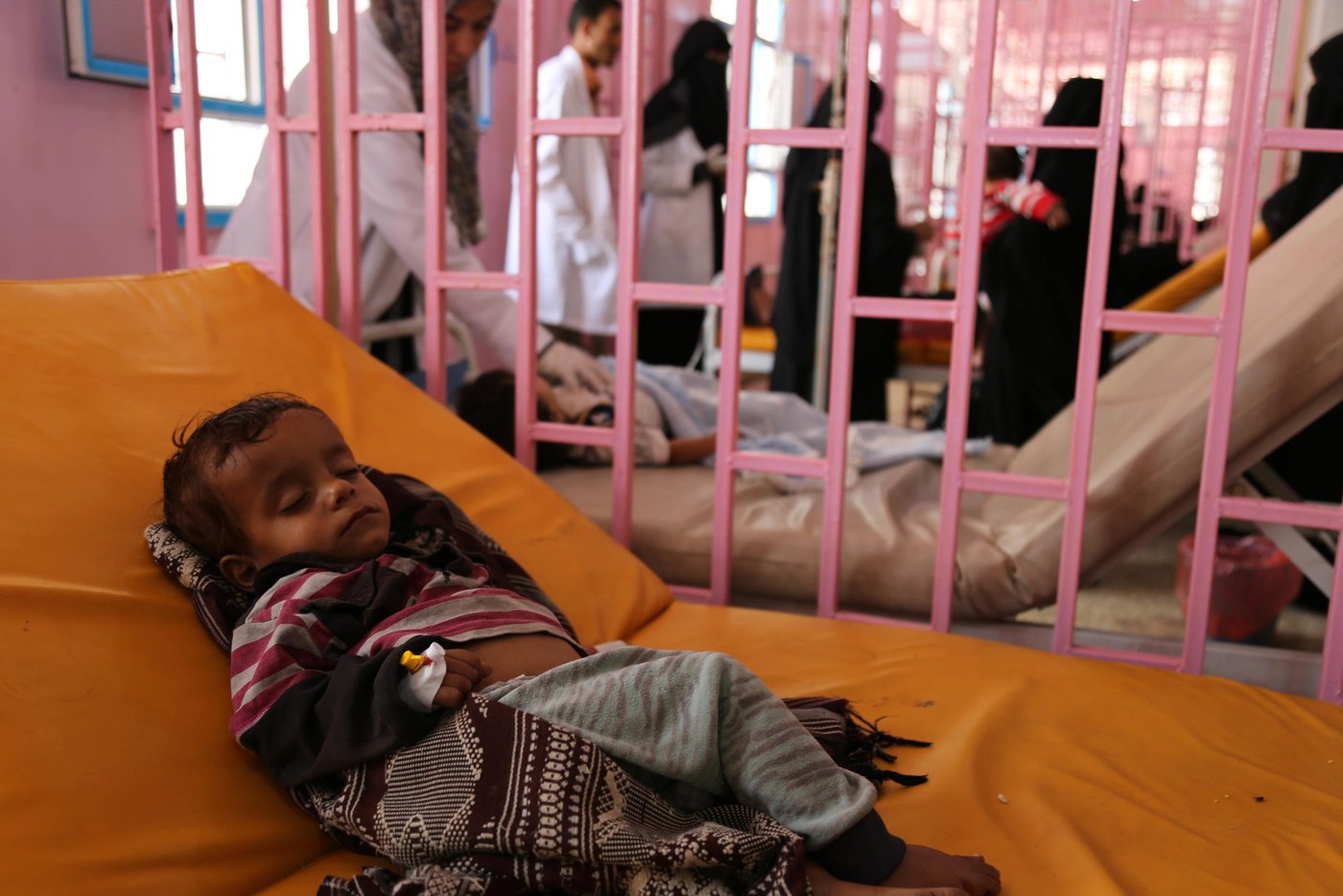
3. Malnutrition claiming lives
Hodeidah is one of the worst impacted cities in Yemen when it comes to food shortages and malnutrition. Twenty-five per cent of children in Hodeidah are suffering from acute malnutrition. An already poor population in the city are struggling to cope with the price of basic food supplies escalating by 30 to 50 per cent during the offensive. This demonstrates the severe knock-on effects of any disruption to the port.
With the disruption of nutritional support from humanitarian actors, the lives of nearly 100,000 children are at immediate risk.
Across Yemen, around 17 million people suffer from food insecurity, including more than 3 million children, pregnant and lactating women suffering from acute malnutrition. These people will all be affected if an attack on Hodeidah and its port disrupts the transportation of lifesaving supplies.
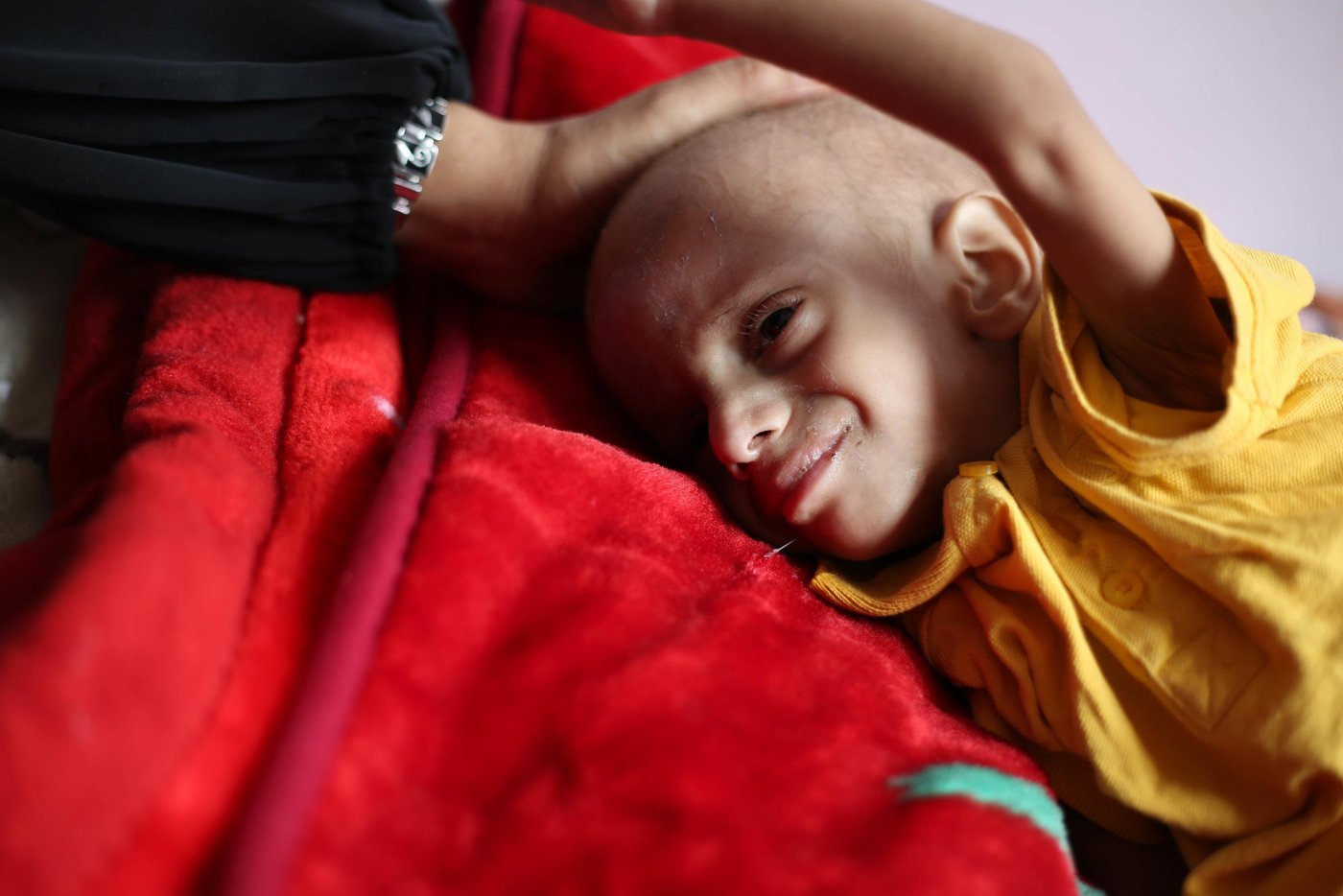
4. Large-scale displacement
Hodeidah city is home to approximately 600,000 people, while around 3.3 million people live in the whole of the governorate, including at least 6,000 people that fled their homes elsewhere. Many of these displaced people may now be forced to flee again due to the current offensive, while some lack the resources and ability to do so. Every time people are forced to flee their resources get depleted, leaving families increasingly vulnerable.
With fighting closing in on the city two weeks after the offensive started, people no longer feel safe; humanitarian organisations are preparing for massive displacement. Tens of thousands of people have already been displaced from their homes since the offensive started on 13 June, many due to lack of water as a result of water pipelines being cut. While those with the means to do so are fleeing to Sana’a, Aden and other distant areas, the majority of displaced people are still seeking refuge close to home.
NRC and other humanitarian actors are calling for the protection of civilians from the direct and indirect impact of the fighting. Civilians must also be allowed secured routes to safety, as well as access to critical services and lifesaving humanitarian aid.
5. The conflict may cut people’s access to aid
A major concern is access for humanitarians to reach Hodeidah with aid – but also the ability to get aid and other vital supplies from Hodeidah port to other parts of the country. NRC and other humanitarian agencies have paused almost all relief operations inside the city since the offensive started.
With the road to the capital Sana’a closed, there is only one open route in and out of the city. It is unclear how much longer it will remain so.
NRC have teams working in various locations to urgently procure supplies and drastically scale up their provision of food, shelter, water and hygiene items across all areas that will be affected by the reduction in imports. However, bureaucratic barriers, including delays in visa processing for international humanitarian workers, project sub-agreements and travel permits are delaying the humanitarian response.
Humanitarian actors must be allowed safe and unimpeded access to Yemenis in need of lifesaving assistance, and the port must remain open and accessible. NRC continues to call, not only for assurances from all sides that Hodeidah port will remain operational, but for an end to fighting and return to peace negotiations before the toll on civilians becomes any greater.


